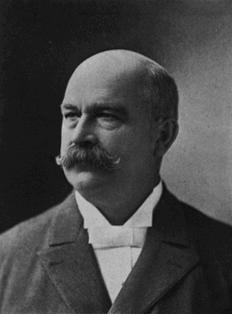A Quote by Amos Bronson Alcott
Education may work wonders as well in warping the genius of individuals as in seconding it.
Related Quotes
Genius is its own reward; for the best that one is, one must necessarily be for oneself. . . . Further, genius consists in the working of the free intellect., and as a consequence the productions of genius serve no useful purpose. The work of genius may be music, philosophy, painting, or poetry; it is nothing for use or profit. To be useless and unprofitable is one of the characteristics of genius; it is their patent of nobility.
I do not despise genius-indeed, I wish I had a basketful of it. But yet, after a great deal of experience and observation, I have become convinced that industry is a better horse to ride than genius. It may never carry any man as far as genius has carried individuals, but industry-patient, steady, intelligent industry-will carry thousands into comfort, and even celebrity; and this it does with absolute certainty.
The late great Horace Lloyd Swithin (1844-1917), British essayist, lecturer, satirist, and social observer, wrote in his autobiographical Appointments, 1890-1901 (1902), "When one travels abroad, one doesn't so much discover the hidden Wonders of the World, but the hidden wonders of the individuals with whom one is traveling. They may turn out to afford a stirring view, a rather dull landscape, or a terrain so treacherous one finds it's best to forget the entire affair and return home.
The Man of Genius may at the same time be, indeed is commonly, an Artist, but the two are not to be confounded. The Man of Genius,referred to mankind, is an originator, an inspired or demonic man, who produces a perfect work in obedience to laws yet unexplored. The artist is he who detects and applies the law from observation of the works of Genius, whether of man or nature. The Artisan is he who merely applies the rules which others have detected. There has been no man of pure Genius, as there has been none wholly destitute of Genius.
The great genius does not let his work be determined by the concrete finite conditions that surround him, whilst it is from these that the work of the statesman takes its direction and its termination. ... It is the genius in reality and not the other who is the creator of history, for it is only the genius who is outside and unconditioned by history.





































